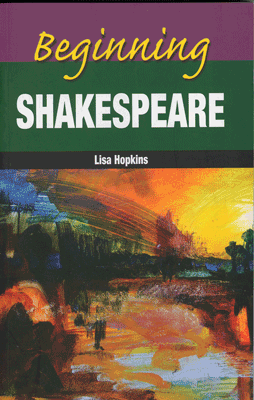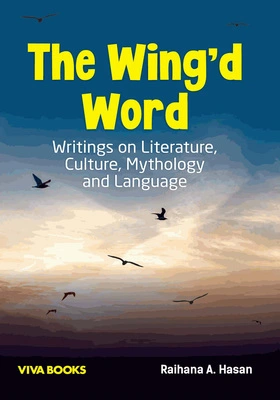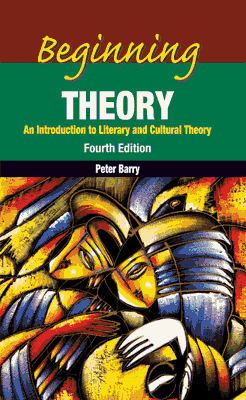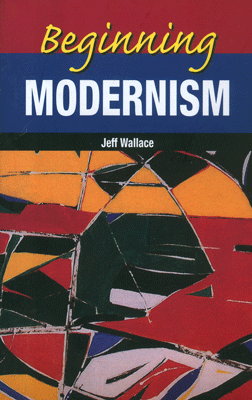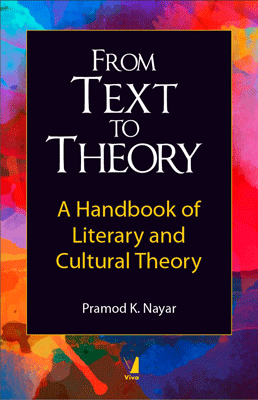Beginning Shakespeare
Beginning Shakespeare
₹225.00 ₹250.00 Save: ₹25.00 (10%)
Go to cart-
Out of Stock
ISBN: 9788130934389
Bind: Paperback
Year: 2016
Pages: 224
Size: 127 x 104 mm
Publisher: Manchester University Press
Published in India by: Viva Books
Exclusive Distributors: Viva Books
Sales Territory: India, Nepal, Pakistan, Bangladesh, Sri Lanka
Description:
Beginning Shakespeare introduces students to the study of Shakespeare and grounds their understanding of his work in theoretical discourses. It breaks down fears and preconceptions to offer students both a map of the current critical practices of others and a sense of the possibilities for developing their own. After an introductory survey of dominant approaches of the past, seven further chapters introduce students to all the major current critical approaches to Shakespeare, with separate chapters on psychoanalysis, New Historicism, Cultural Materialism, gender studies and queer theory, postcolonial criticism and performance criticism, as well as one which looks at the growing roles of biography, attribution studies, and textual studies. Each chapter also offers a list of suggested further reading and interactive exercises focusing on key facts and issues raised in the chapter.
The way in which each chapter analyses the strengths and weaknesses of the perspective on which it focuses allows students a clear critical purchase on the respective approaches and enables them to make informed choices between them, thus suggesting ways of continuing to make meaning out of Shakespeare which are both theoretically informed and new. An invaluable introduction for anyone studying English at university, Beginning Shakespeare, by addressing what is primarily at stake in these various theoretical approaches and by mapping the territory, ultimately allows students to negotiate it for themselves
Target Audience:
Students and academicians of English Literature.
Contents:
Acknowledgements • Introduction
Chapter 1 Critical histories
1598”1741: a bumpy ride • 1741”1904: enter Shakespear • Enshrinement • A. C. Bradley and character study • The 1930s: images and patterns • Tillyard and the “Elizabethan world picture” • Jan Kott: Shakespeare our contemporary • Further reading
Chapter 2 Psychoanalysis
Freud and his early followers • C. G. Jung and the theory of “types” and “archetypes” • Jacques Lacan and the theory of the subject • Post”Lacanian psychoanalytic approaches • Further reading
Chapter 3 New Historicism
Stephen Greenblatt: “Invisible Bullets” • Louis Montrose: New Historicism meets psychoanalysis • Leonard Tennenhouse and the interest in power • Later developments: New Historicism meets gender • Further reading
Chapter 4 Cultural Materialism
Political Shakespeare: a landmark text • Dollimore and Sinfield: literature and power • Terence Hawkes and the politics of meaning • Further reading
Chapter 5 New factualisms
The “new biography” • Attribution studies • Editing • Further reading
Chapter 6 Gender studies and queer theory
Boy actors • Political feminisms • Queer theory • Further reading
Chapter 7 Postcolonial criticism
The Tempest • Postcolonial Tempests • Othello • Further reading
Chapter 8 Shakespeare in performance
Henry V in performance • The Olivier version • Stratford-upon-Avon • Political performance criticism • Further reading
Index
About the Author:
Lisa Hopkins is Professor of English at Sheffield Hallam University.
